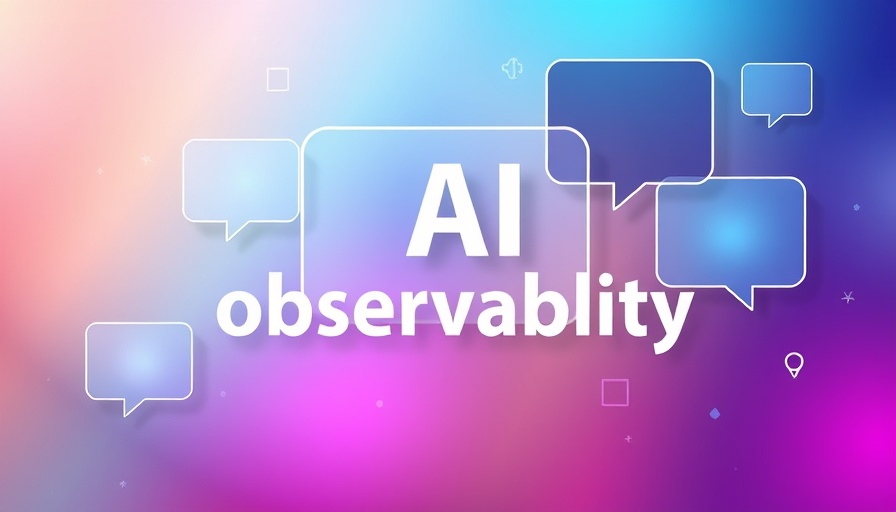
Unlocking the Power of AI for Content Creation
In a world where visual storytelling plays a crucial role in engaging audiences, artificial intelligence is rapidly transforming how creators produce content. The use of AI tools for crafting studio-quality reels is not just a gimmick but an exciting frontier that is making high-quality video production accessible for everyone. Technology buffs, business owners, and entrepreneurs can leverage these advancements to enhance their marketing strategies and connect with their audiences more effectively.
In Make Studio-Level Reels Using Just AI Tools! 🎥✨, the discussion dives into AI tools reshaping content creation, exploring key insights that sparked deeper analysis on our end.
What Are AI-Generated Reels?
AI-generated reels utilize algorithms and machine learning to create or enhance video content. These tools can automate tasks that normally require extensive skill and time. Whether it’s editing a raw footage clip, adding unique filters or compositions, or generating text overlays, AI applications streamline the entire process. This democratization of content creation allows anyone—from seasoned marketers to budding creators—to produce a professional-looking final product.
The Ethical Landscape of AI in Content Creation
While the benefits of using AI in video creation are significant, ethical considerations must be taken into account. AI can inadvertently lead to issues surrounding data privacy, as users’ information may be processed through platforms without their explicit consent. Business owners should be vigilant about the ethical use of AI tools, ensuring compliance with data privacy regulations. Moreover, the potential for AI-generated misinformation raises concerns about how we vet the accuracy of the content being produced.
AI and Government Regulation: Staying Ahead of the Curve
As businesses increasingly adopt AI technologies, government regulation is a pressing issue. Regulatory frameworks around AI technologies are in their infancy, and understanding how to navigate these guidelines is essential for creators. Entrepreneurs should stay updated on evolving regulations that may affect how they utilize AI in their practices. Engaging in discussions about the government's role in overseeing AI can empower creators to embrace these tools while ensuring responsible use.
Decentralized AI Platforms: The Future of Content Creation
Another exciting development in the AI space is the emergence of decentralized AI platforms. These platforms allow creators to utilize AI tools without relying on centralized companies that might prioritize profit over ethical considerations. Decentralization also promotes freedom of speech and creativity, as content creators can distribute their work without gatekeeping. This evolution could ultimately free artists from the constraints imposed by traditional platforms, opening new avenues for expression.
Challenges and Opportunities of AI in Video Production
Relying on AI also comes with its challenges. The most pressing of these involves ensuring the authenticity of content. With the rise of AI-generated images and videos, discerning between human-created and machine-generated content may become increasingly difficult for audiences. Business owners must be aware of this challenge and find ways to maintain their unique voice while adopting AI tools. However, for those who effectively integrate these technologies, the opportunity to scale their operations and expand their creative repertoire is immense.
As the integration of AI into content creation grows, staying informed and adapting to these changes will be critical. Whether you're a technology enthusiast or a budding entrepreneur, understanding both the potential benefits and risks of employing AI tools can pave the way for innovative approaches to video production.
If you’re interested in the future of video content and how AI can enhance your storytelling, now’s the time to explore these cutting-edge tools and share your insights. Engaging with AI not only opens doors for creativity but helps shape the ethical conversation surrounding its use.
 Add Row
Add Row  Add
Add 




 Add Row
Add Row  Add
Add 

Write A Comment